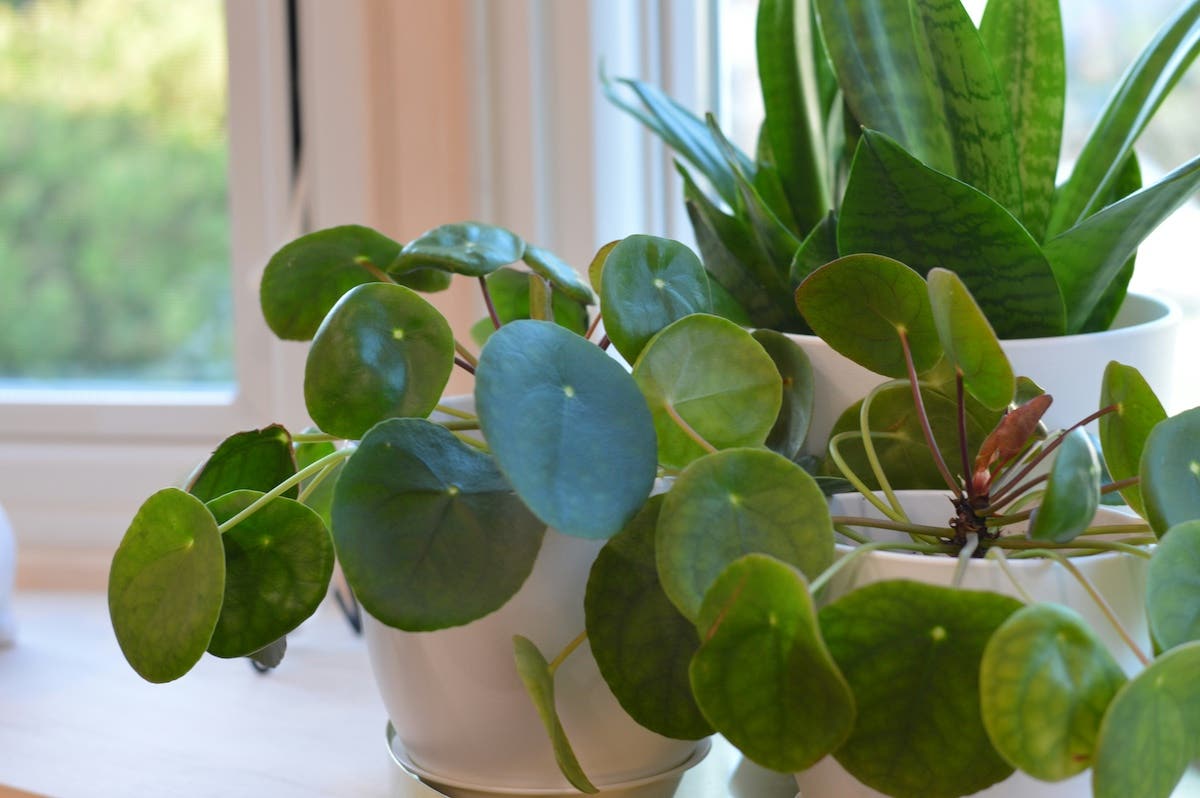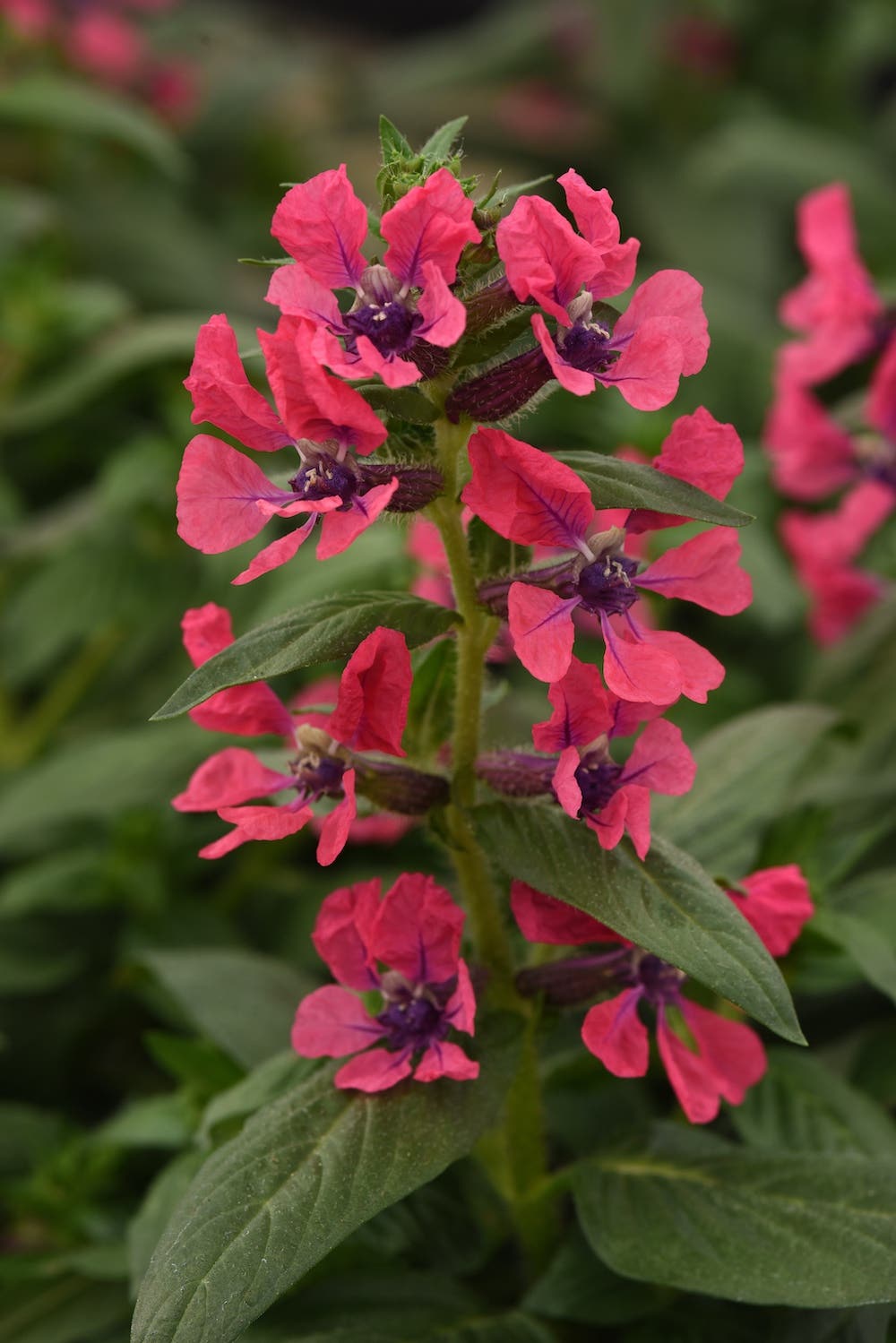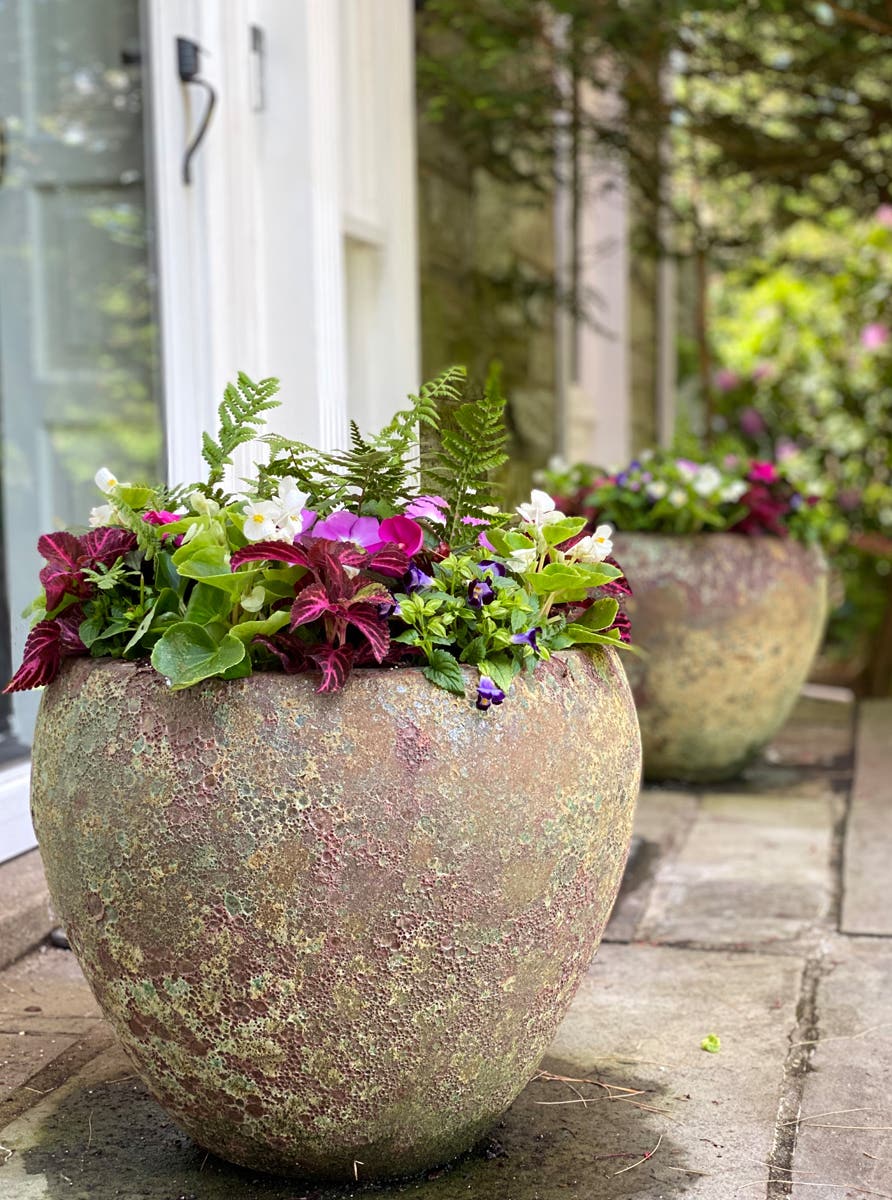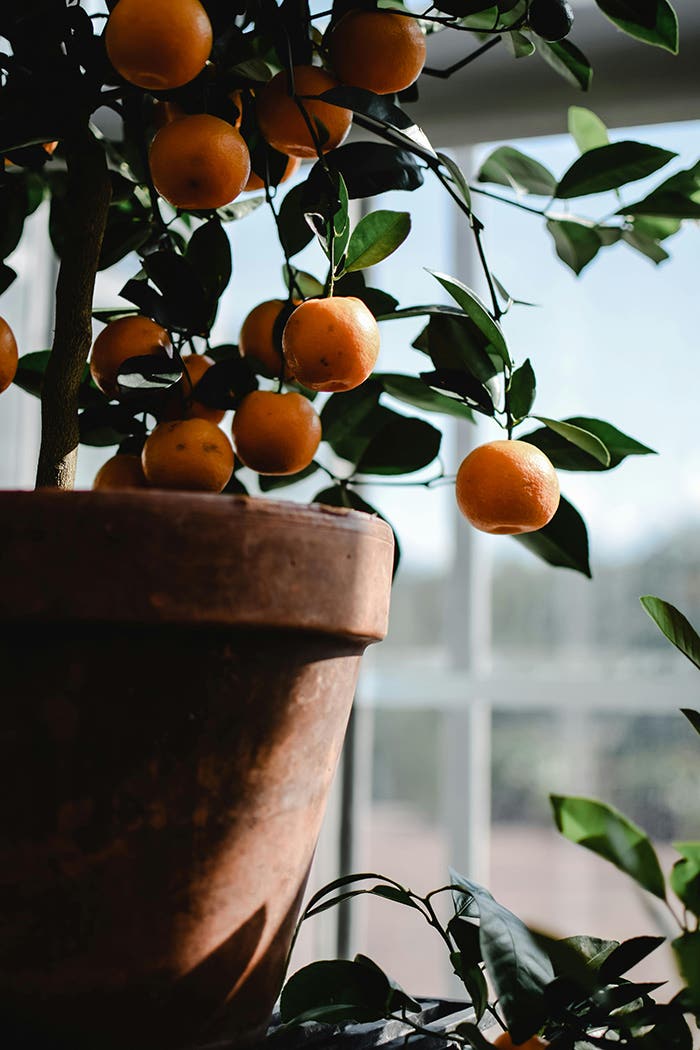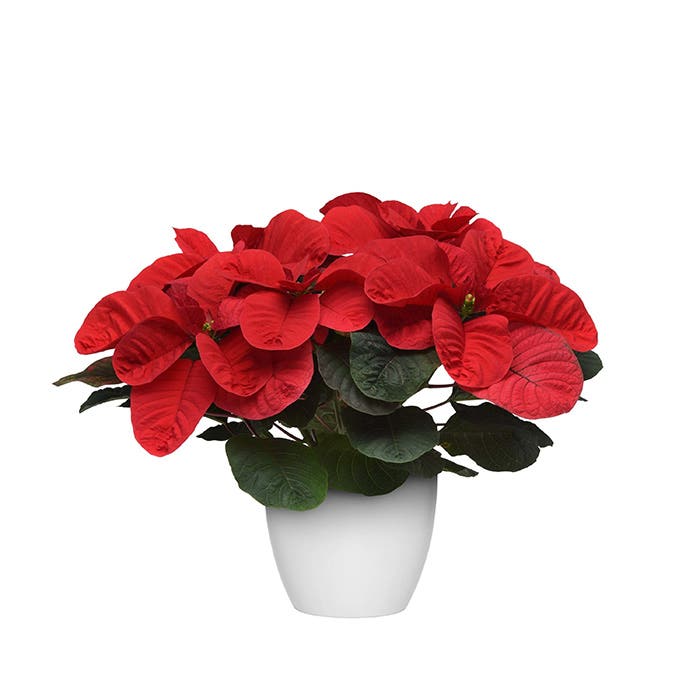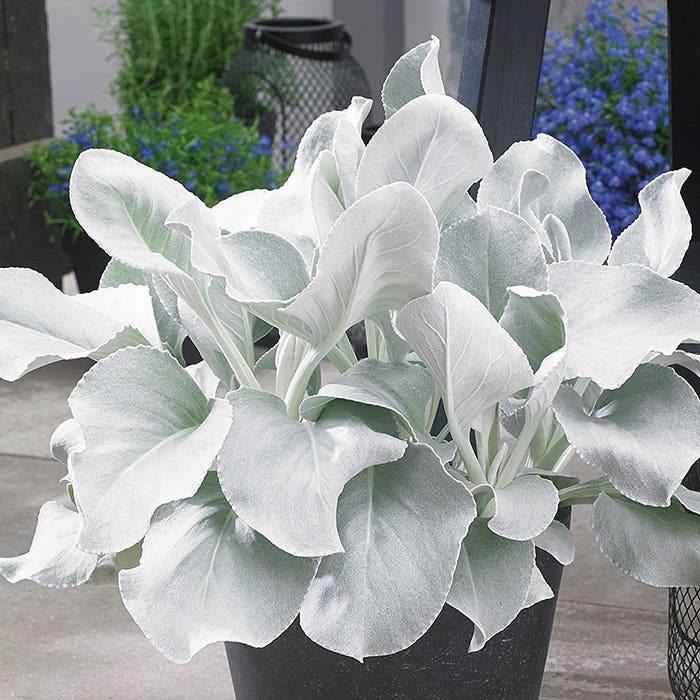Houseplants Care and Design Made Easy
Here’s how and why to add a plant or two to your space.
Houseplants—love them or hate them? From casual conversations and various written records, I’ve gathered that gardeners fall into both camps. (I’m sure there are some firmly neutral folks out there, too.) I myself love them. Here are some reasons to grow houseplants, as well as some tips to overcome the issues that often push people into the “hate them” category.
Houseplants Help Our Health
Studies have shown that indoor plants improve the air quality. Perhaps their best-known attribute, thanks to investigations by NASA as well as several universities, is their ability to clean the air of toxic volatile organic compounds, or VOCs, such as benzene and formaldehyde.
They also do the obvious to our air supply: they increase oxygen levels; in photosynthesis, they take in the carbon dioxide that we breathe out, and let out the oxygen that we breathe in. While this function ceases in darkness for most plants, some make that same trade during the night, recommending them for use in bedrooms. These include aloe vera, orchids and snake plant (Dracaena trifasciata, formerly Sansevieria trifasciata).
Lastly, plants add moisture to the air, releasing it through transpiration. Moisture in the air combats dry skin and nasal passages. Of course, many plants prefer humid air, themselves; any efforts you make to increase the moisture in the air for them will benefit you, too.
Plants assist us in less tangible ways, as well. Various studies have shown that the presence of plants reduces our stress level and makes us more productive—for instance, they have been shown to improve workers’ performance by increasing memory and attention span. Texas A&M Agrilife Extension provides a detailed look at the emotional and physical effects of plants (indoors and out) at ellisonchair.tamu.edu/health-and-well-being-benefits-of-plants.
Amid all the data touting houseplants as helpful to our well being, let’s not lose sight (literally) of one more major attribute: their beauty! Plants and their vessels can serve as perfect accents to indoor spaces, adding color, texture and shape like no other decoration, because they also add life.
Making Houseplants Easy
That said, beauty is in the eye of the beholder, and some people aren’t a fan of houseplants precisely because of their appearance. You might feel that indoor plants look fussy or that they clutter up a space. For many of us space is at a premium. Maybe you like the idea of houseplants but struggle to find a spot where they’ll be out of the way and still receive the light that they require.
Overcoming these issues relies on finding a balance between a room’s style and layout and a plant’s size and shape. Using just one or two large, architectural plants—such as snake plant, the ZZ plant (Zamioculcas zamifolia) or a ‘Hope’ philodendron—will add a clean, green element to any size room without screaming “Clutter!” On the other hand, small, slow-growing plants are options for small spaces (or the nooks of large spaces); cluster together multiple small pots of cacti and other succulents or miniature orchids to create a vignette with substance but not bulk.
Clustering pots helps overcome another obstacle cited by houseplant haters: the time and attention they require. Some of this boils down to simply choosing the right plant—the one that matches the room’s conditions and your attention level. Whatever you grow, though, will be helped by grouping, which simplifies your care routine. (Case in point: my single upstairs begonia is on death’s door, while the family room’s plant gang is thriving. There’s safety in numbers.) Groups of plants also create a sort of bubble of humidity among themselves, which benefits them.
You might cluster your plants in single pots, or take it a step further and place several different plants into one dish garden. Choose partners wisely, matching their growth rate and requirements to ensure that this makes life easier, not harder (or lethal). Whichever route you take, try adding a houseplant or two to your life this winter, and reap the rewards.


